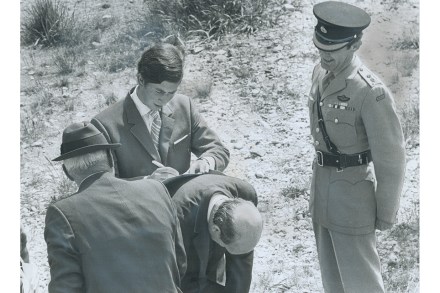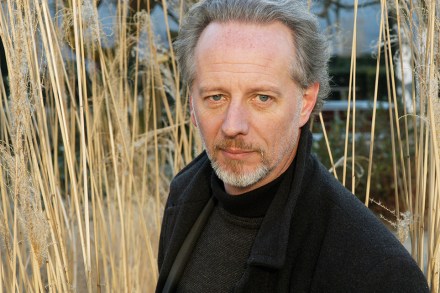A courtier’s lot: writing to prime ministers one minute, acting as nanny the next
More from BooksApart from when the government has been self-immolating, the royal family has dominated the news recently: the passing of Queen Elizabeth II and the solemn accession of the King; the continuing and rather tragic psychodrama of the Sussexes; the sad tale of the Duke of York. And, of course, we now have the latest series






























